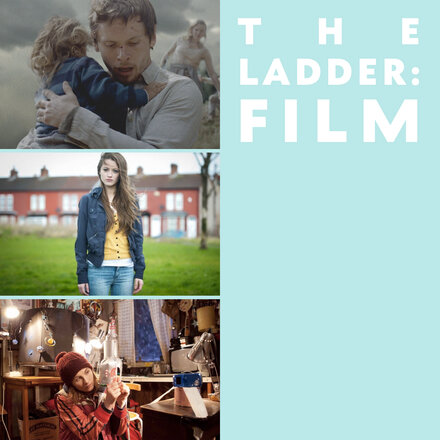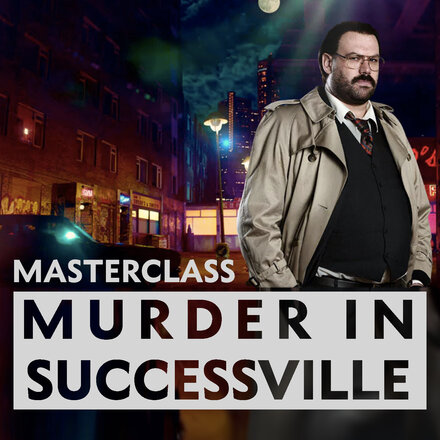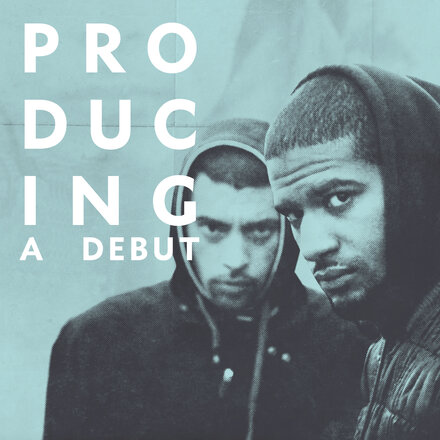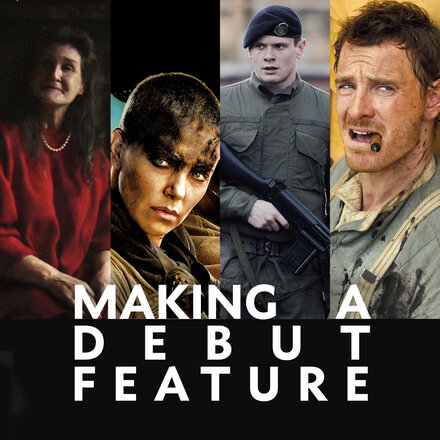Along with his professional partner Al Gough, English writer/producer Miles Millar recently set a new record by getting two straight-to-series pick ups on the same day. Shannara, an adaptation of the Terry Brooks fantasy novels, will be shown on MTV, while six episodes of martial arts drama Badlands will air on Breaking Bad/Walking Dead network AMC.
Millar is probably still best known as the co-creator of long-running Superman prequel series, Smallville, and for his work on high-profile movies, such as Lethal Weapon 4, Shanghai Noon and Spider-Man 2.
However, even he isn’t immune to the entertainment world’s romance with rejection. In 2011, his TV version of the revamped Charlie’s Angels didn't make it halfway through a season on ABC. But Millar and Gough went straight back to work, with Sony snapping up their new spin on the Captain Nemo story. Here Millar shares the lessons he’s learned that keep bringing him success:
Hollywood bashes the preciousness out of you. You adapt or end up as creative road kill. As a screenwriter, being fired is an occupational certainty. When you get the call telling you that the studio is firing you off the script, your fingers have been bleeding for more than two years –it stings. When you read the review that smugly eviscerates your movie –it hurts. When the director dismisses your suggestion then pitches it back as his own –it irritates. But I always consider it a privilege to be doing what I’m doing. I never take it for granted. I’m paid indecent sums to sit in my garage and dream up whatever I want.
Having a professional partner is the only reason I’ve maintained my sanity. No joke. Without him, I’d be in a padded cell. I met him my first week at USC film school. He’s American and in many ways the opposite of me. He’s funny, is a Deadline Hollywood addict, and can charm the pants off any executive. He’s your classic, baseball cap-wearing all-American nice guy. We have remarkably similar taste in movies and I can count the number of times we’ve argued on one hand. It’s been great to share the highs and lows with somebody, as well as those insane Entouragemoments you suddenly realise you’re living.
If I’m fired off a movie or my TV show goes down in flames, I always dive straight into another project. The industry has an insatiable appetite for ideas. As a writer, it’s comforting to know that I can always write my way out of a professional valley. It doesn’t require anybody hiring me or saying yes.
When something like Charlie’s Angels gets cancelled, it’s bitterly disappointing. No bones about it. We had actually passed on that project twice before we finally signed on –but try saying no to Drew Barrymore! That woman has more powers of persuasion than a Jedi.
The thing I hate the most is going down to the set and breaking the news to the crew. It’s usually not a surprise. Anaemic ratings speak for themselves, but it’s still a shock. I never wallow –well, maybe a day or two. But I always shake it off. As a showrunner, you have so many other responsibilities. It’s actually relaxing to go back to normality and write again.
Getting a show on American network TV is insanely hard. The whole pilot process is a grinding, white-knuckle experience. The hoops you have to jump through, the Brazil-like levels of bureaucracy, the endless rounds of notes on everything from the story outline to the colour of an extra’s shoes. If you make it through the gauntlet of testing and finally get “picked up”, it’s the Hollywood equivalent of winning the Olympic decathlon. After all that pain, all that money, the show’s fate is usually decided the first week it airs. It needs to open big or cancellation is virtually inevitable. Even though the pilot of Charlie’shad tested “through the (ubiquitous)roof”, the viewers didn’t show up. The network ascribed it to “brand fatigue”. Whatever the reason, the mortality rate for first-year shows is shockingly high. But if you’ve run a tight show, been collaborative with the network, delivered your scripts on time and your episodes on budget, you’ll be welcomed back to do it all again. It’s like a no-fault divorce.
Failure brushes everybody. Think of the greatest directors –all have had their share of box office or critical misfires. I always remember that Spielberg followed 1941 with Raiders Of The Lost Ark. The lesson –pick yourself up and keep going. Don’t look back. Never stop creating. That said, you have to listen and understand why something didn’t work. Fight the instinct to be precious or complacent. You must be fearless, but also open. If you’re having one of those truly heart-searing days, when your creative soul has been ripped from your body, then buy a ticket to the movies, sit in the dark with a bunch of strangers and remember why you’re doing this. If that doesn’t work, then a slice of key lime pie often does the trick.






